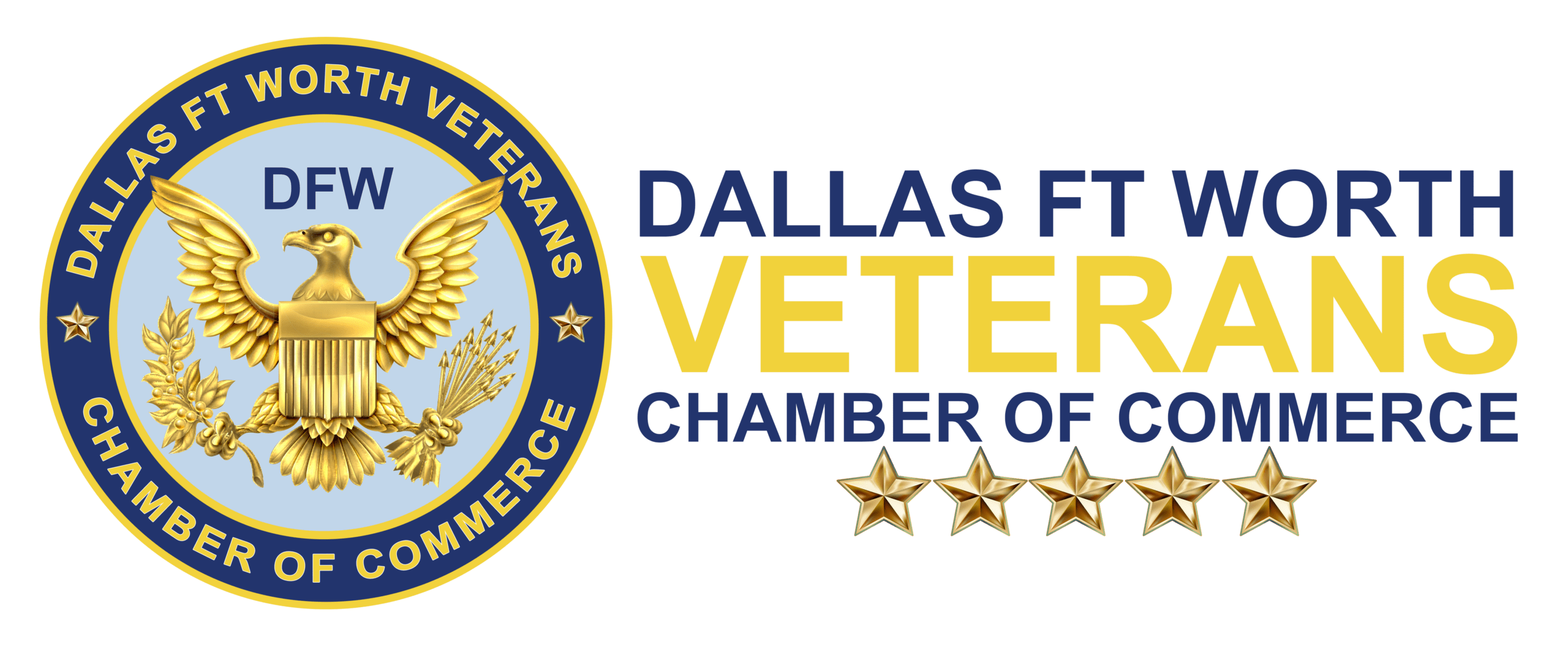Our military is a leadership laboratory. When veterans return to civilian life, employers appreciate their attention to detail, work ethic, and no-nonsense approach to workplace challenges…
This content is for Dallas USVCC Veteran Individual – $300 , Veteran Individual – Monthly, Veteran Business -Yearly, Patriot Business -Yearly, Patriot Business- Monthly, DFW Corporate Sponsor Bronze: $3,000 Yearly, DFW Corporate Sponsor: Bronze $275 Monthly, DFW Corporate Sponsor Silver:$5,000 Yearly, DFW Corporate Sponsor: Gold $7,500 Yearly, NonProfit – Yearly, Grandfathered Veteran Business – Yearly, Grandfathered Veteran Business – Yearly, Grandfathered Veteran Business – Yearly, Basic Level: $40 Veteran or Patriot Business -Monthly, Basic Level $350 Veteran or Patriot Business -Yearly, Bronze Level: $450 Veteran / Patriot Business-Yearly, Bronze Level: Veteran / Patriot Business-Monthly, Silver Level: $1,500 Veteran / Patriot Business-Yearly, Silver Level: $130 Veteran / Patriot Business-Monthly, Gold Level: $3,000 Veteran / Patriot Business-Yearly, Gold Level: $3,000 Veteran / Patriot Business-Monthly, DFW Corporate Sponsor Silver:$458.33 monthly, DFW Corporate Sponsor: Gold Level $665 monthly, Grandfathered Patriot Business -$300 Yearly, Veteran Business – Existing Monthly, Veteran Individual – Yearly, 17 July 2025 / Lunch & Learn Webinar / Single Webinar $99, 19 August 2025 / Lunch & Learn Webinar/ Single $99, 16 September 2025 / Lunch & Learn Single Webinar $99, 14 October 2025 / Lunch & Learn / Single Webinar $99, 18 November 2025/ Lunch and Learn Single Webinar $99, 9 December 2025 / Lunch & Learn Single Webinar $99, Lunch & Learn / 3 Webinar Series $199, Lunch & Learn ALL Webinar Series / $299, and FREE July 2025 / Lunch & Learn Webinar / Single Webinar $99 only.
Join Now
Join Now
Already a member? Log in here
